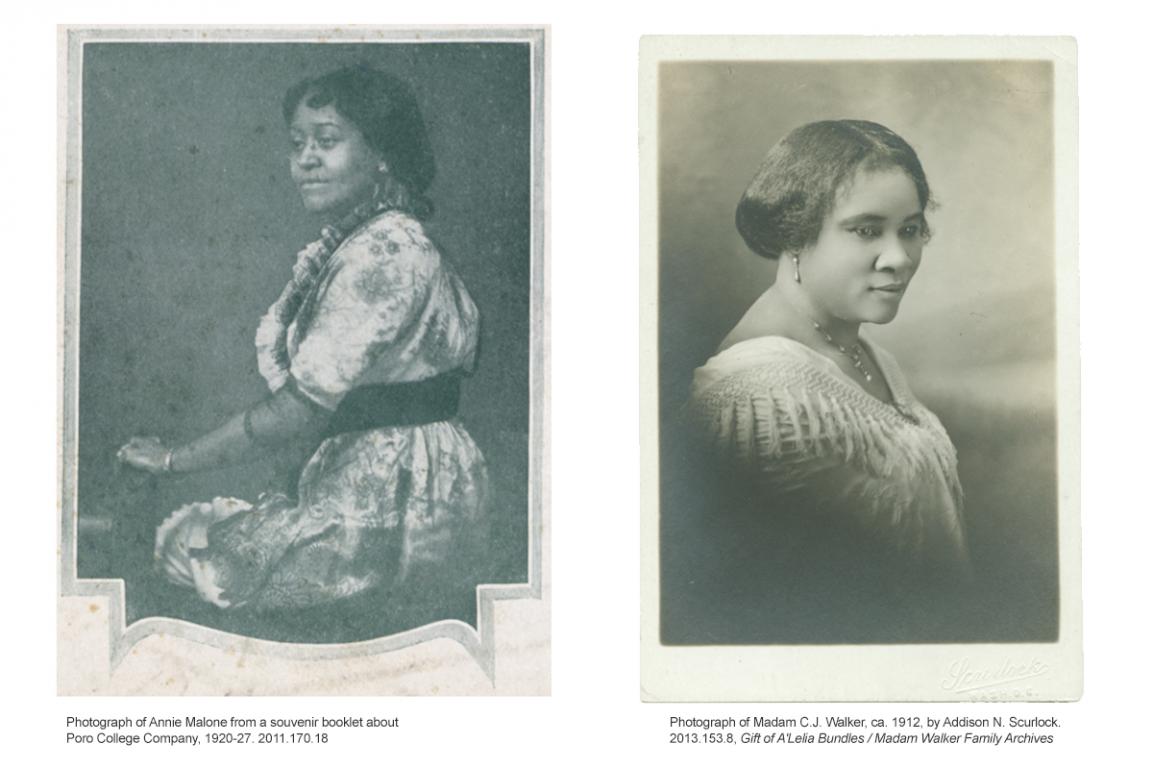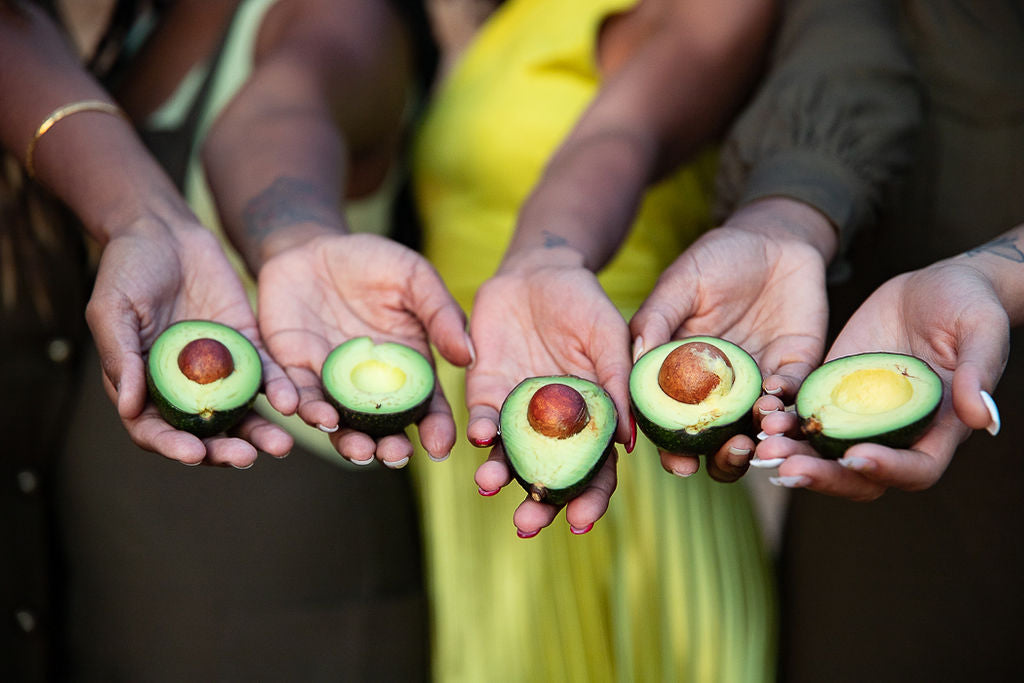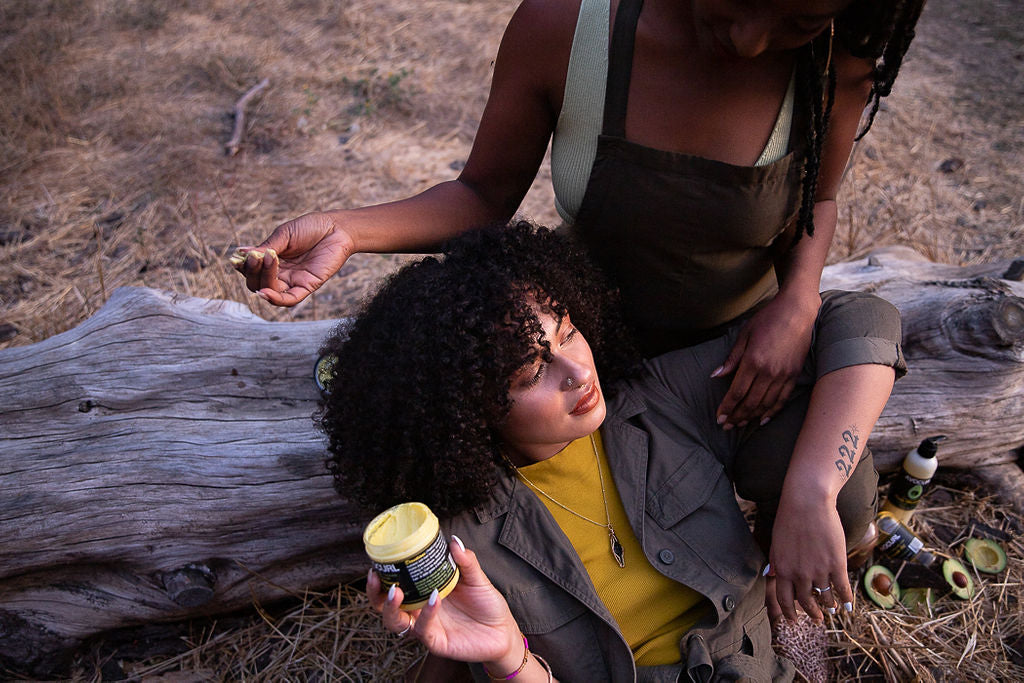One year after “Self Made”: Reflections on Annie Malone and Madam CJ Walker’s legacy

Sankofa is an African word from the Akan tribe in Ghana, symbolic for returning to the past as a means for planning the future. It is in this sentiment that I take the time to reflect one year after Netflix aired a docu series on Madam CJ Walker for the world to see. As we follow up on Black History Month and close out Women’s History Month, it seems appropriate to honor the ancestors whose shoulders on which we stand.
As I began to make my own hair products, my father gave me a poster of Madam CJ Walker, who I was somewhat familiar with as the first Black millionaire and pioneer in building an empire that catered to the hair care needs of Black women. As I combed through articles I found on the internet about her life, I learned there was much more to this story than just her amassing great wealth, including the overlap in her life and legacy with that of Annie Turnbo Malone, another hair care pioneer whose story is less known.
Although historians debate about who became a millionaire first, that question is insignificant in comparison to the weight that these two phenomenal women hold in history and how meaning is derived from their legacy today. Knee deep into Netflix’s “Self-Made” first episode, the excitement I felt for the world to finally embrace Madam CJ Walker’s story dissipated into disappointment and frustration as the highly dramatized depiction of Madam CJ and Annie Malone unfolded in what could be described at best as a twisted “colorism-fueled cat fight, an early 1900s Real Housewives” as Valerie Russ describes in her reflection of the series lacking historical accuracy. The producers went above and beyond to misrepresent the two pioneers as enemies who worked against each other, weaving in a fanatical fight between Annie Malone and Madam CJ in a literal boxing ring throughout each episode. Hollywood's hook? Colorism. Annie Malone was depicted as a wealthy lighter complexioned woman with a nasty, entitled attitude towards Madam CJ. A classic bottom-feeding Hollywood tactic; clickbait entertainment at the expense of Black people’s pain and suffering.
This point is not to negate the reality that colorism is a real issue that privileges individuals with lighter complexions and upholds oppressive systems against people of darker complexions around the world. However, colorism, like texturism, has been a tool to divide and conquer, a byproduct of white supremacy that should be rejected when presented to us as another punchline or Hollywood fantasy. The historical reality is that Annie Turbone Malone and Madam CJ Walker shared the experience of being daughters of parents who were formerly enslaved, and both developed million dollar businesses hardpressed on the heels of the so-called “end” of chattel slavery. Their true enemy was not each other, it was white supremacy.

One year after “Self-Made'' aired for millions of viewers around the world, I am reminded of the West African proverb: “Until the Lion tells the story, the hunter will always be the hero.” We cannot expect an entity like Netflix to provide us with our true history. We are required to investigate, narrate and understand our stories from our lens in order to decipher how the past positions us to move forward into the future. This makes room for us to position Madam CJ Walker and Annie Malone rightfully within the context of those who came before them, a long legacy of African women makers who used the earth's gifts to create tinctures and concoctions meant to heal themselves and their families for centuries. A legacy righteously for us, and by us. Both enterprising women were successful in popularizing Black hair care. Both became millionaires. Both contributed towards the advancement of Black people by redistributing their wealth to provide for the community in ways the government failed, and still fails to provide for its people today. With this reframe, the meaning of their legacy and relationship towards one another just hits different. The anniversary of “Self-Made” serves as not only a reminder to think critically about the lens from which our history is told, but to inspire us to attain knowledge of self within a global dignified lens that began before chattel slavery and the white supremist ideologies that upholds it. Knowledge of self may be your greatest wealth.




Comments